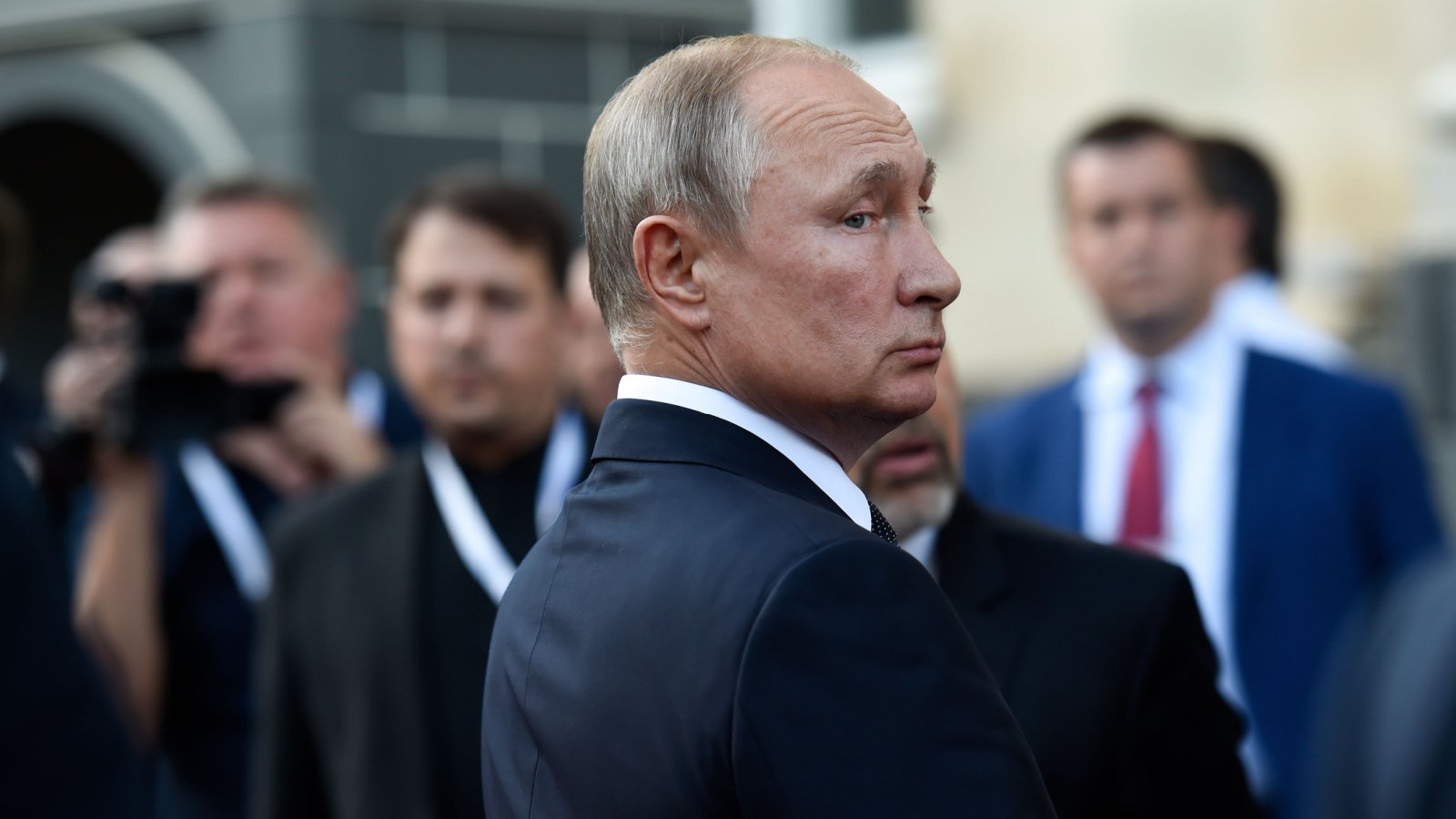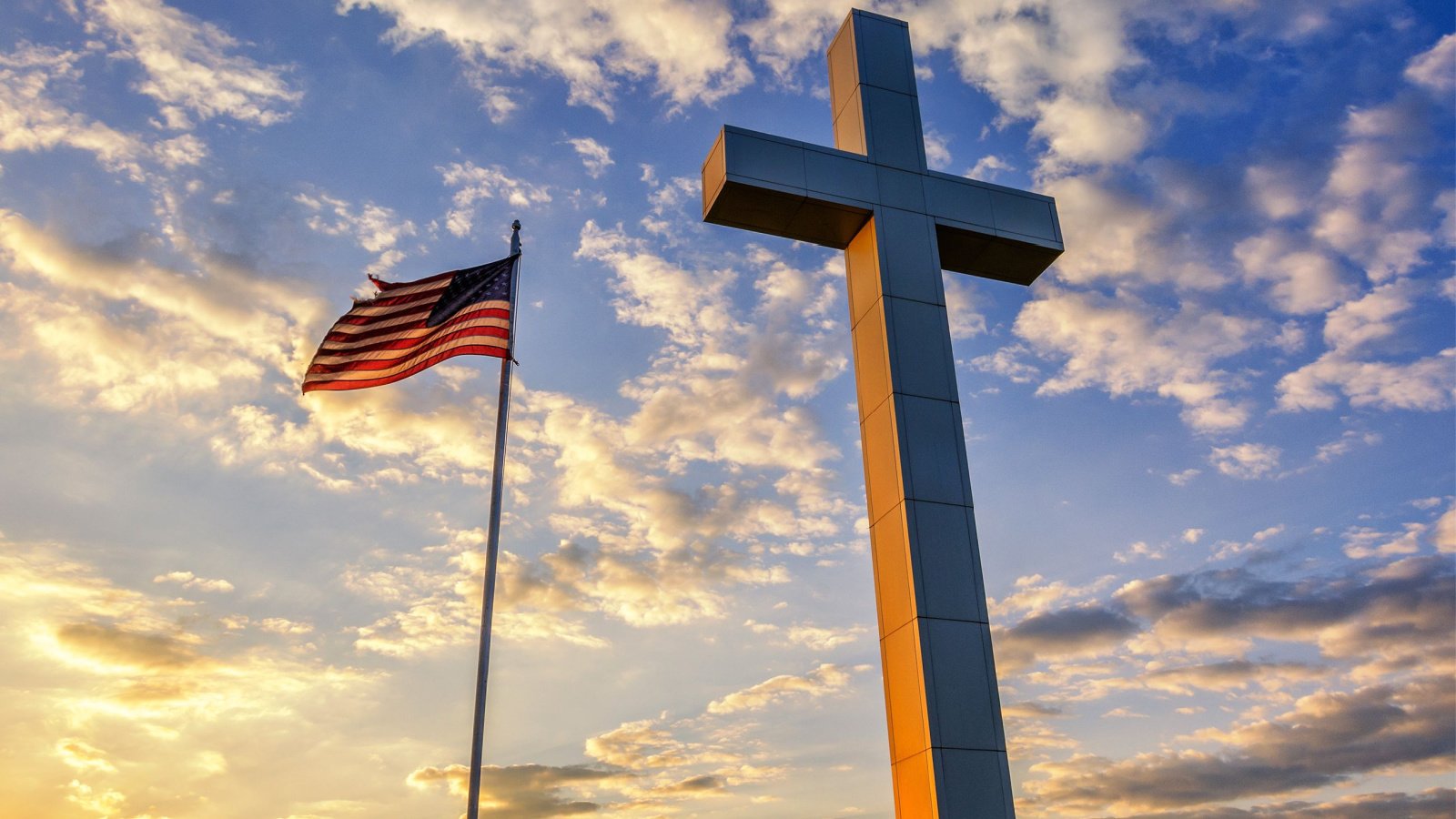Russia vetoed a United Nations resolution that was crucial for continuing the oversight of sanctions imposed on North Korea due to its nuclear program. This veto effectively terminated the operation of a panel of experts dedicated to monitoring these sanctions, although the sanctions themselves remain intact.
Impact of the Veto
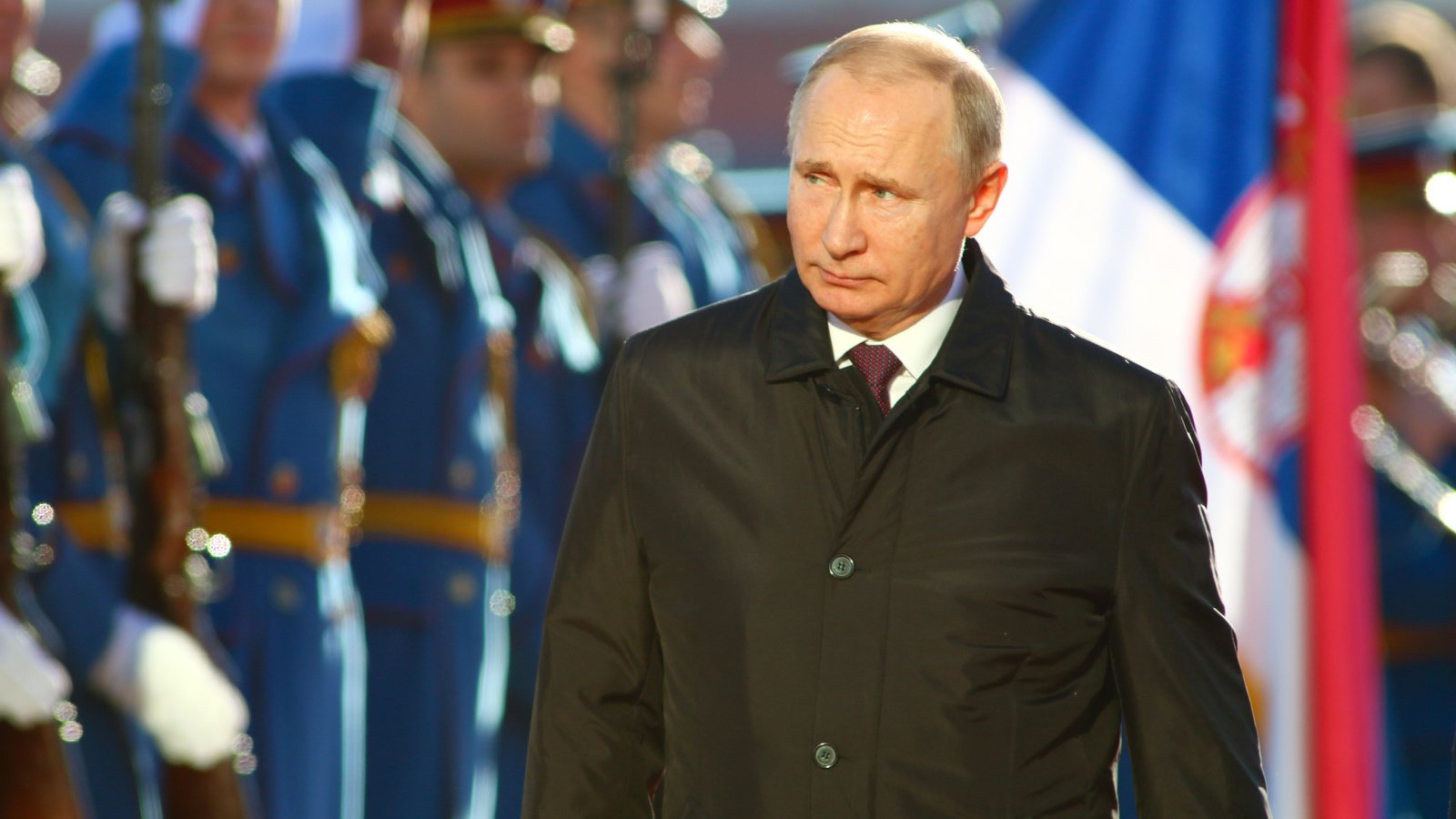
The veto represents a pivotal shift in Russia’s stance, as it had previously shown support for such monitoring efforts. This change raises suspicions among Western countries regarding Russia’s motives, particularly the concern that Russia aims to conceal its procurement of military supplies from North Korea, which directly contravenes the U.N. sanctions, for use in its conflict in Ukraine.
Security Council Vote Outcome

In the 15-member Security Council, the resolution to extend the mandate of the expert panel for another year saw overwhelming support, with 13 votes in favor. However, Russia’s opposition and China’s abstention led to the discontinuation of the panel’s operations, though the sanctions against North Korea were not lifted.
Russia’s Justification
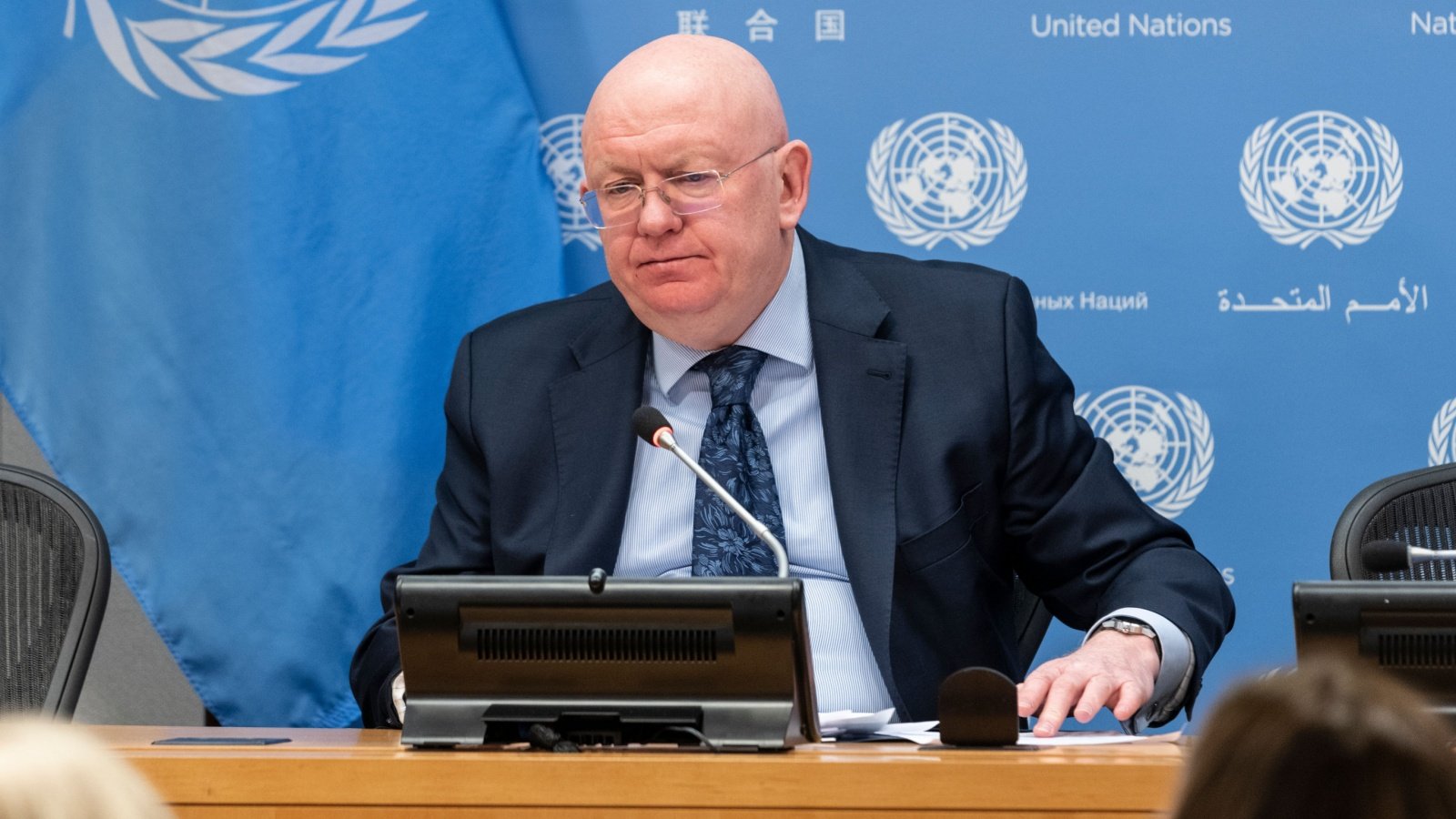
Before the vote, Russia’s U.N. Ambassador, Vassily Nebenzia, presented an argument criticizing the sanctions as ineffective and unrealistic for deterring North Korea’s nuclear ambitions. He accused Western nations of trying to economically “strangle” North Korea, suggesting that the approach to sanctions was disconnected from the practical realities of managing North Korea’s nuclear program.
Western Response to the Veto
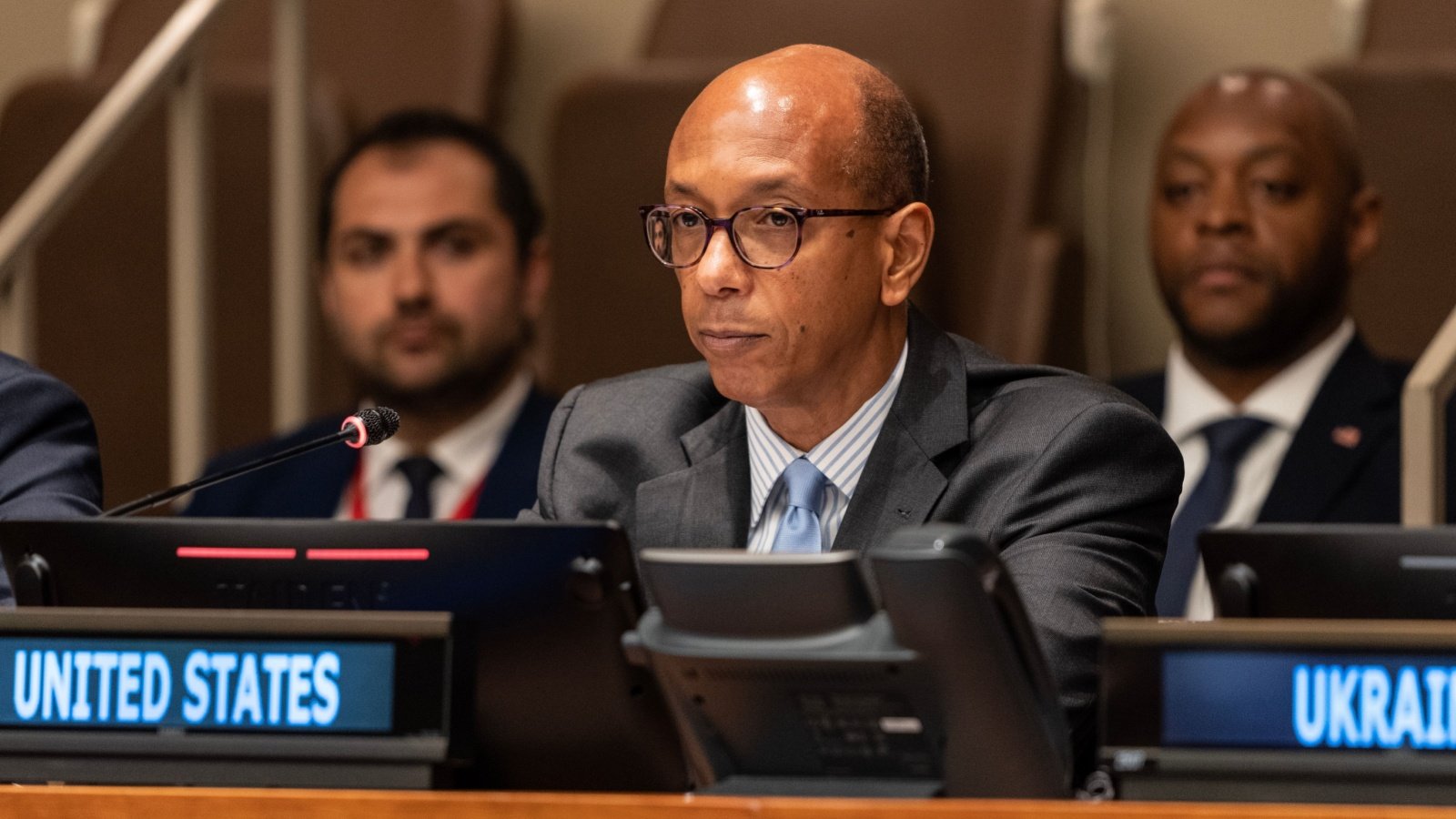
Following the vote, U.S. Deputy Ambassador Robert Wood articulated a strong rebuke of Russia’s decision, framing it as an effort to disrupt the independent and objective investigations into North Korea’s sanction violations. This move by Russia was interpreted as an attempt to silence scrutiny over its own breaches of the U.N. sanctions.
Allegations of Russia’s Sanctions Violations
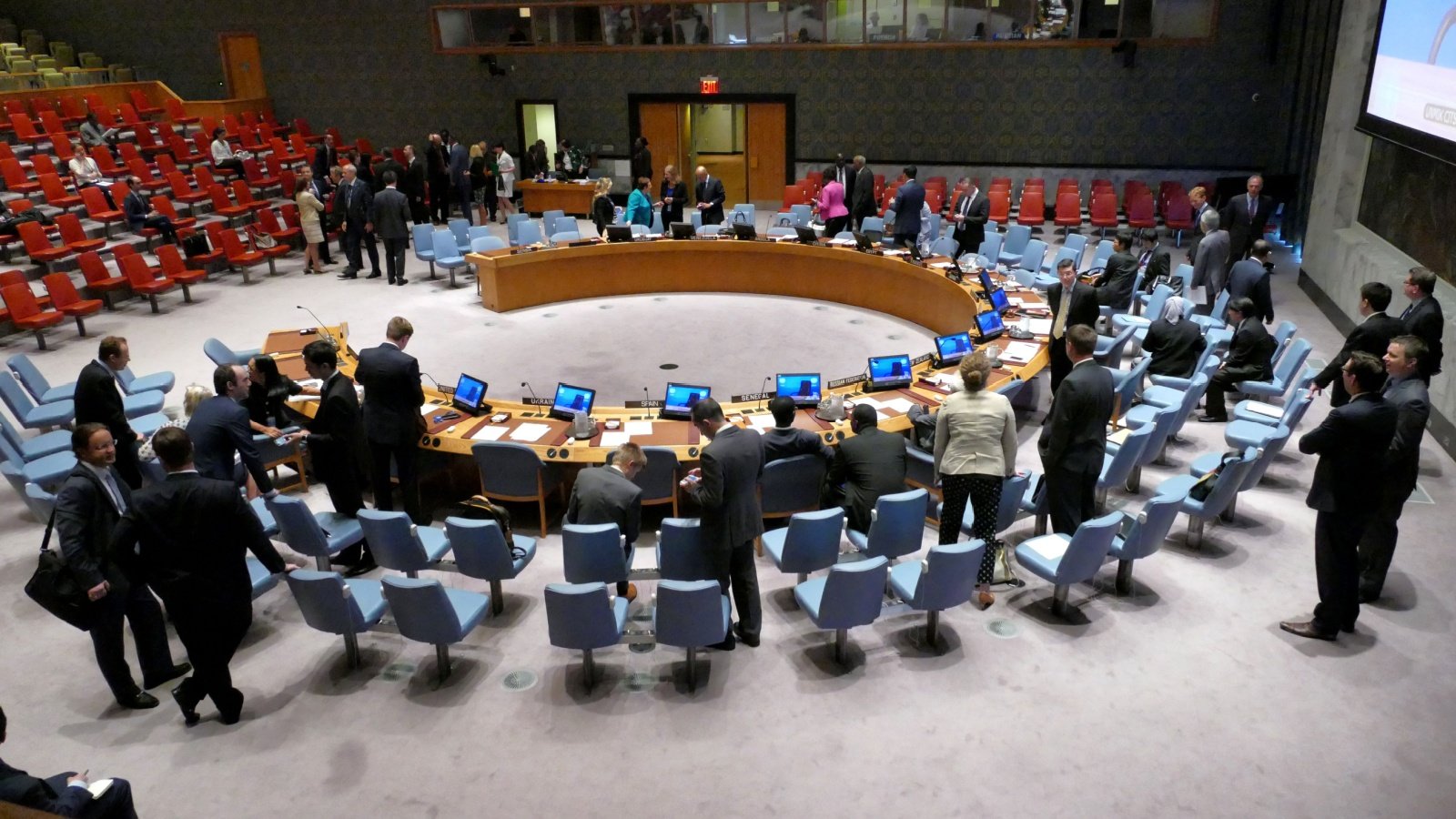
The critique against Russia intensified with accusations that it was seeking to cover up its “blatant violations” of U.N. Security Council resolutions, especially in the context of its military engagements. This situation was underscored by reports of Russia’s non-compliance, brought to light by the panel in the preceding year.
International Condemnation
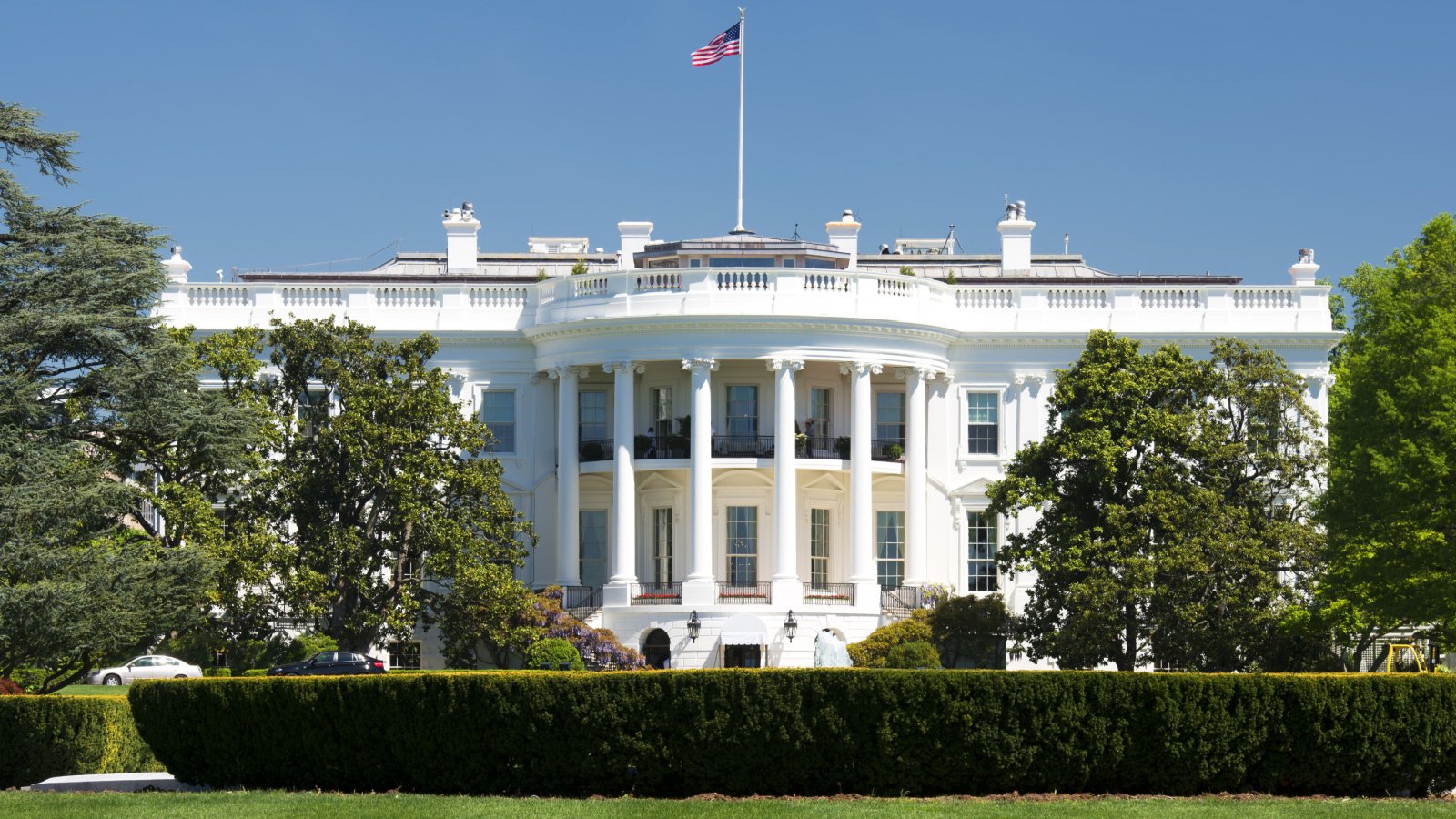
John Kirby, a spokesperson for the White House on national security issues, strongly condemned Russia’s veto. He warned of the peril it posed to the global regime against nuclear proliferation and criticized the deepening military cooperation between North Korea and Russia, which includes North Korea’s weapon supplies to Russia amid the Ukrainian conflict.
Britain Highlights Illicit Arms Deals

Britain’s U.N. Ambassador, Barbara Woodward, pointed to illicit arms dealings between Russia and North Korea that violate U.N. sanctions. She highlighted the transfer of ballistic missiles from North Korea to Russia, which were then employed in Russia’s unprovoked invasion of Ukraine, as a direct consequence of Russia’s veto.
History of Sanctions Against North Korea
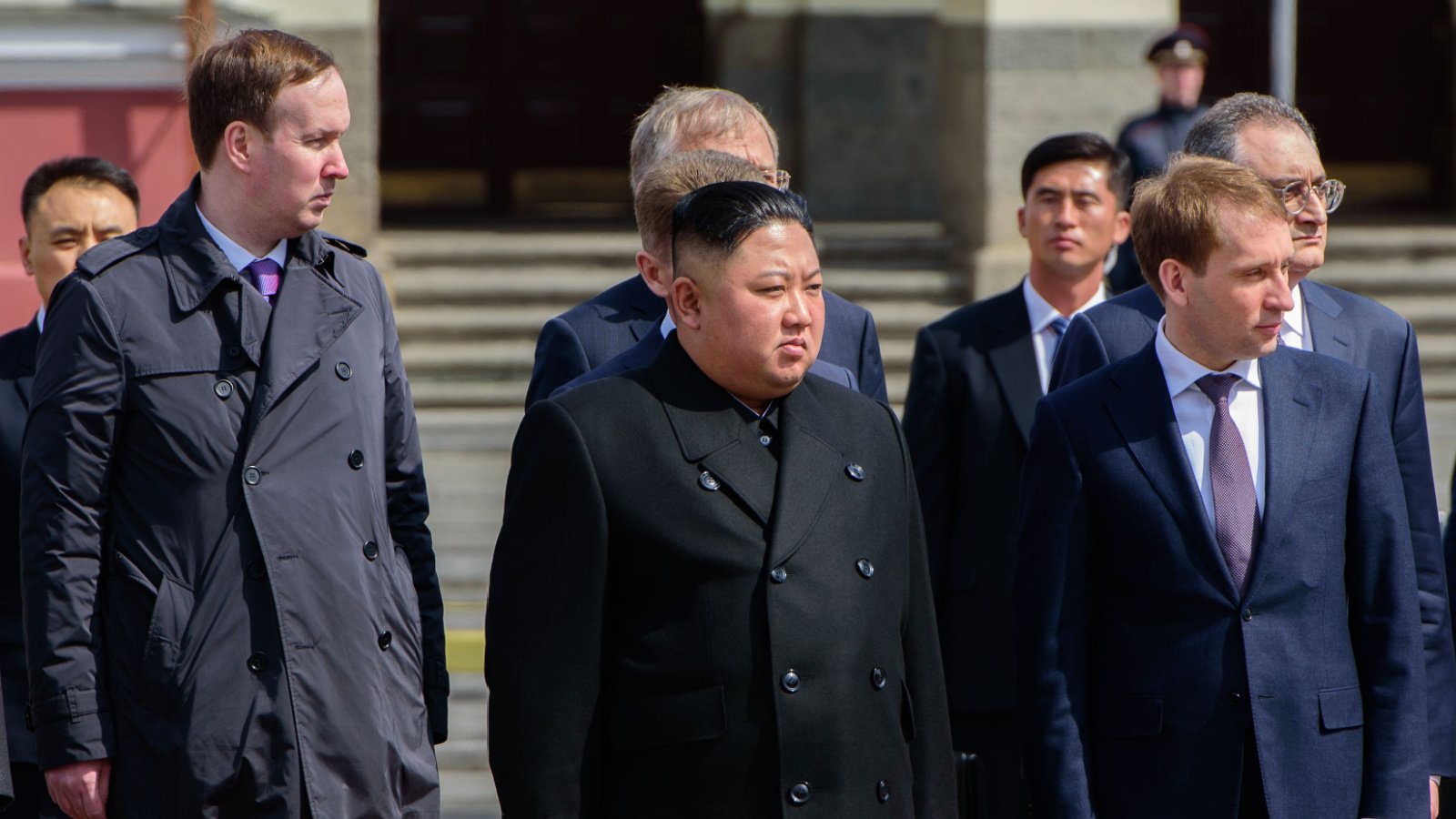
The narrative of sanctions against North Korea began after its first nuclear test explosion in 2006, with the U.N. Security Council tightening these measures over the years through 10 resolutions. These sanctions aimed to diminish North Korea’s nuclear and ballistic missile capabilities by cutting off necessary funds.
Challenges in Enforcing Sanctions
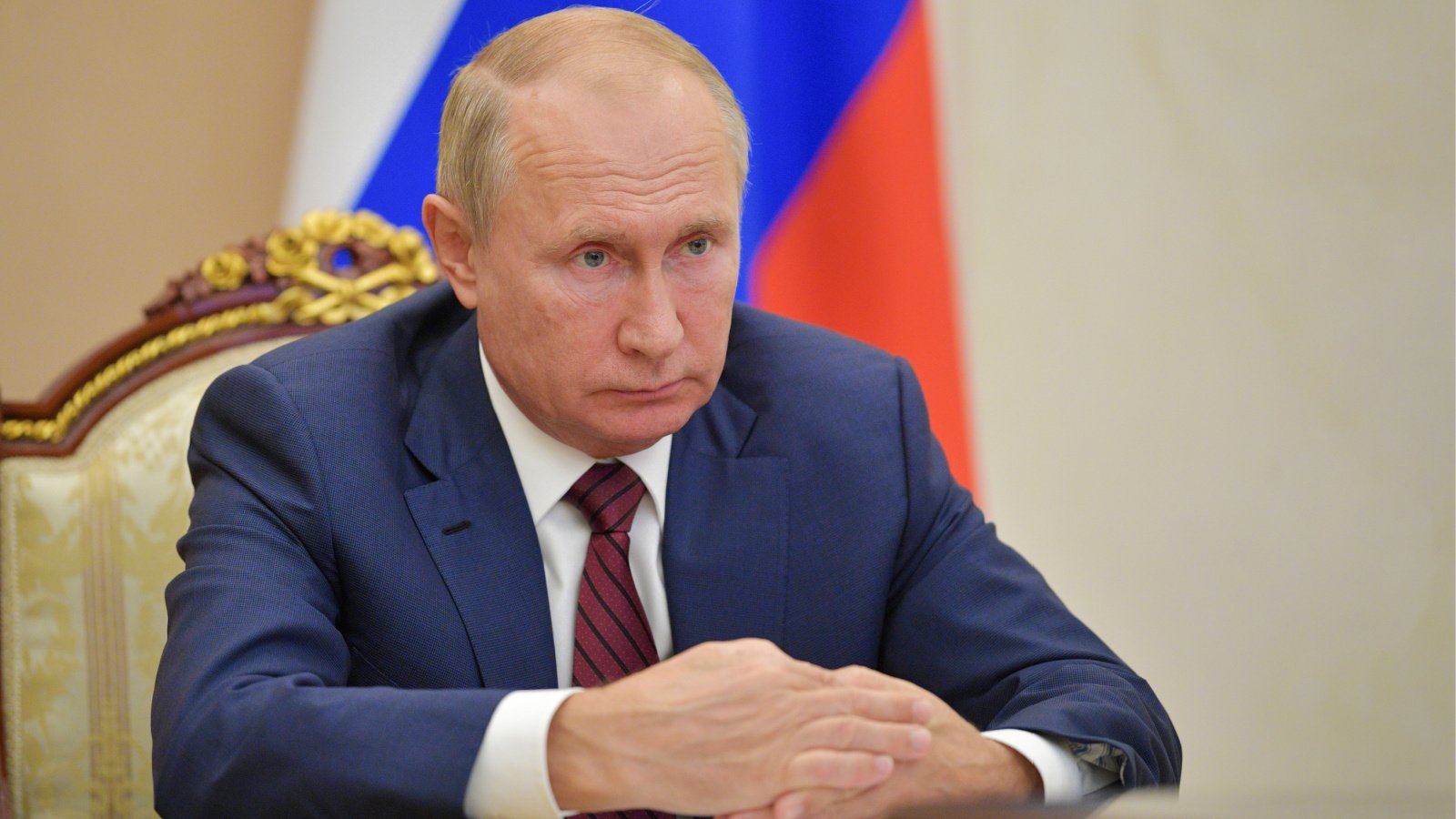
Despite the imposition of sanctions, the last significant resolution was adopted in December 2017. An attempt in May 2022 to introduce new sanctions in response to North Korea’s missile tests was thwarted by vetoes from China and Russia, highlighting the complexities of international consensus on this issue.
The Monitoring Mechanism
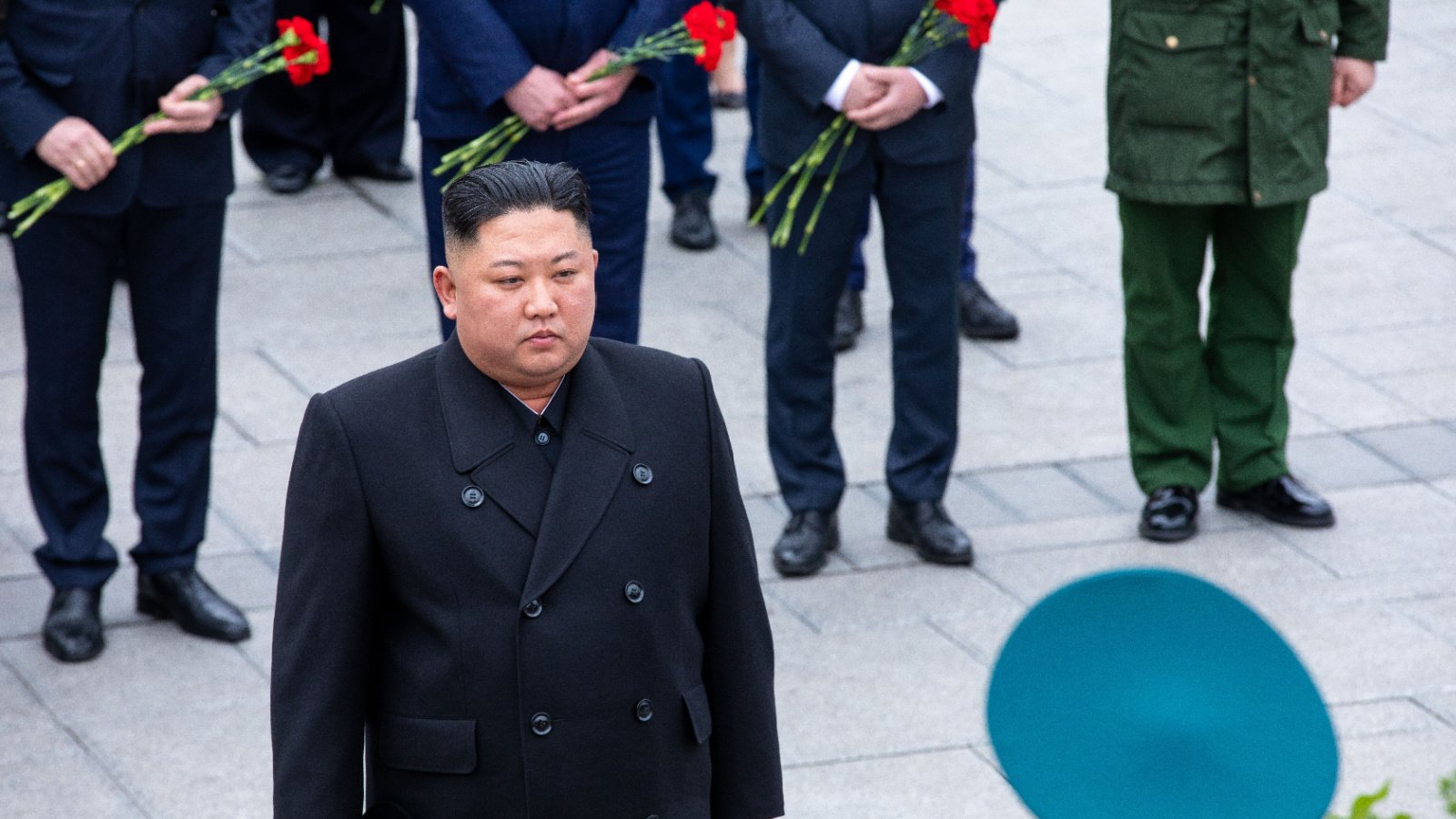
The Security Council established a specific committee to oversee the sanctions against North Korea, along with a panel of experts tasked with investigating violations. This setup had been in place for 14 years, demonstrating a long-term international commitment to monitoring North Korea’s adherence to the imposed sanctions.
The Role of the Expert Panel
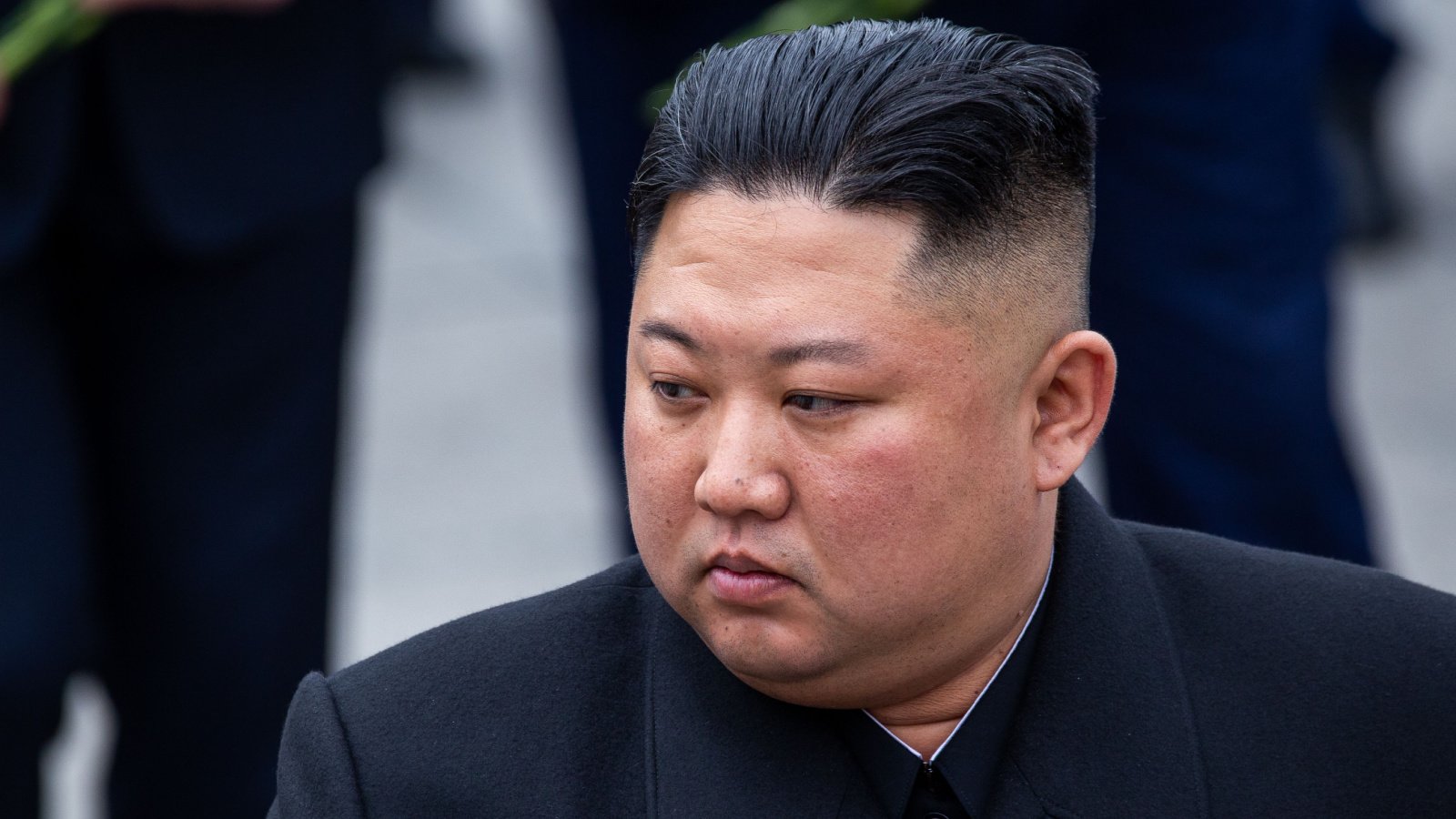
The expert panel played a critical role in this oversight mechanism, providing detailed reports on North Korea’s compliance with the sanctions and highlighting instances of violations. Their work was pivotal in ensuring transparency and accountability in the enforcement of international sanctions.
The Implications of the Veto
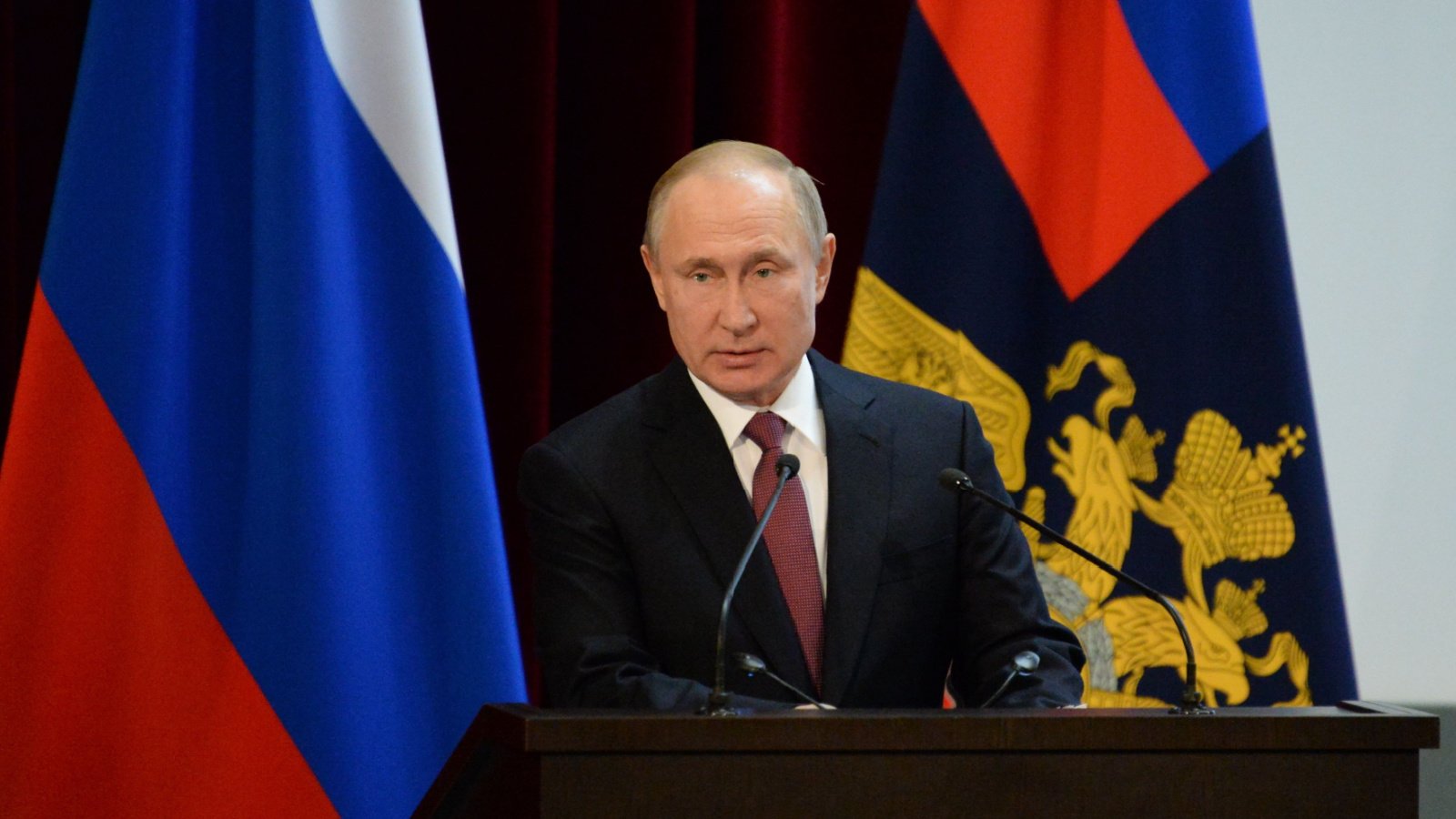
Russia’s veto not only halts the operation of this expert panel but also raises questions about the future of international efforts to monitor and enforce sanctions against North Korea. It underscores the challenges of maintaining a unified international stance against North Korea’s nuclear ambitions amidst competing geopolitical interests.
The Path Forward

The discontinuation of the expert panel’s work poses significant challenges for the international community in its efforts to curb North Korea’s nuclear and missile programs. It emphasizes the need for renewed diplomatic efforts to navigate the complexities of international relations and sanctions enforcement.
Renewed Focus on Diplomacy
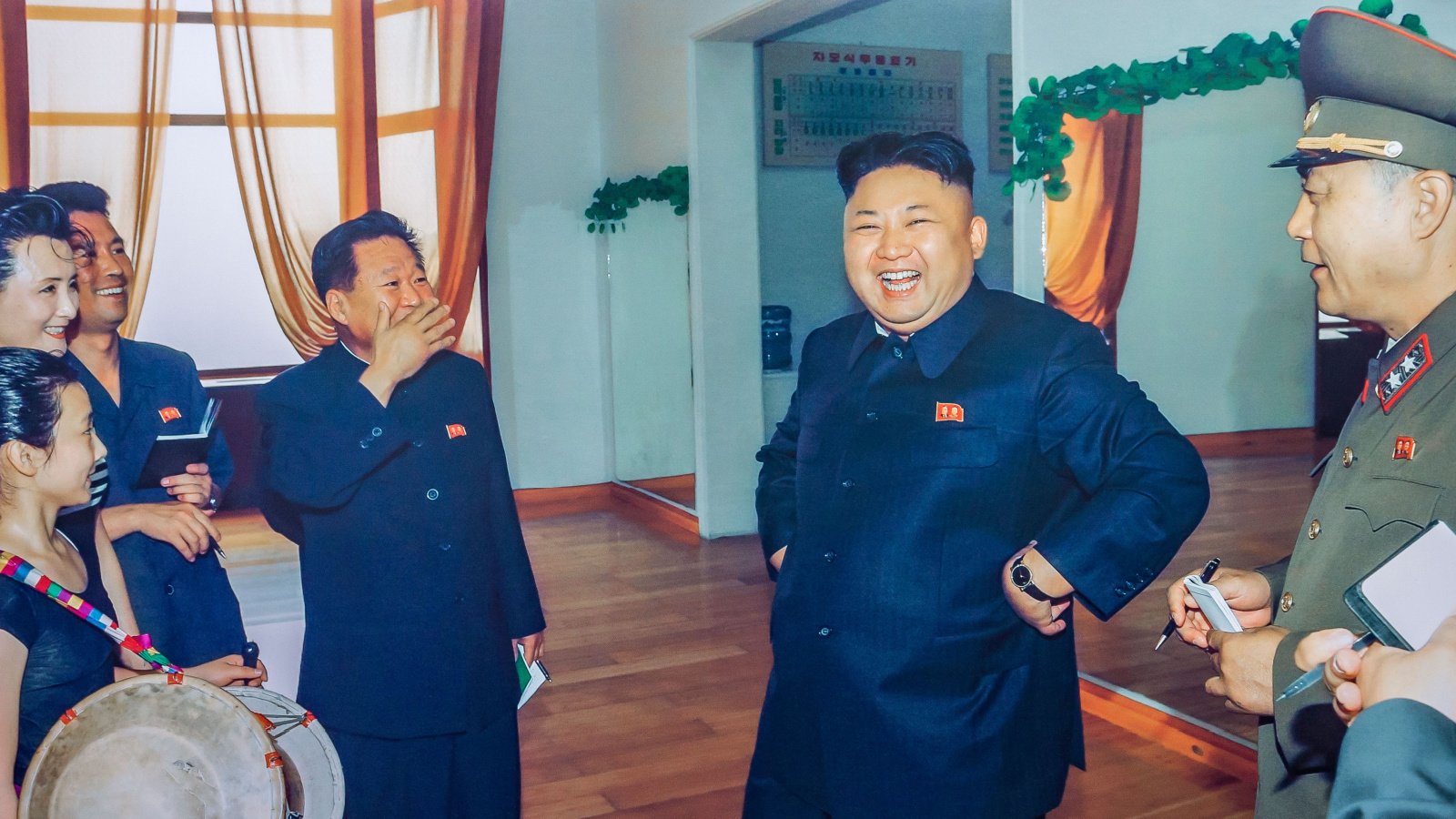
In the wake of Russia’s veto, the international community may need to explore alternative strategies for addressing North Korea’s nuclear program. This could involve increased diplomatic engagement, direct negotiations, and finding new ways to apply pressure without the oversight of the expert panel.
Conclusion

Russia’s veto of the U.N. resolution marks a significant moment in the ongoing efforts to manage North Korea’s nuclear threat. It brings to light the intricate dynamics of international politics and the challenges of enforcing global sanctions regimes. As the world grapples with this setback, the need for strategic, diplomatic, and cohesive international responses has never been more apparent.



